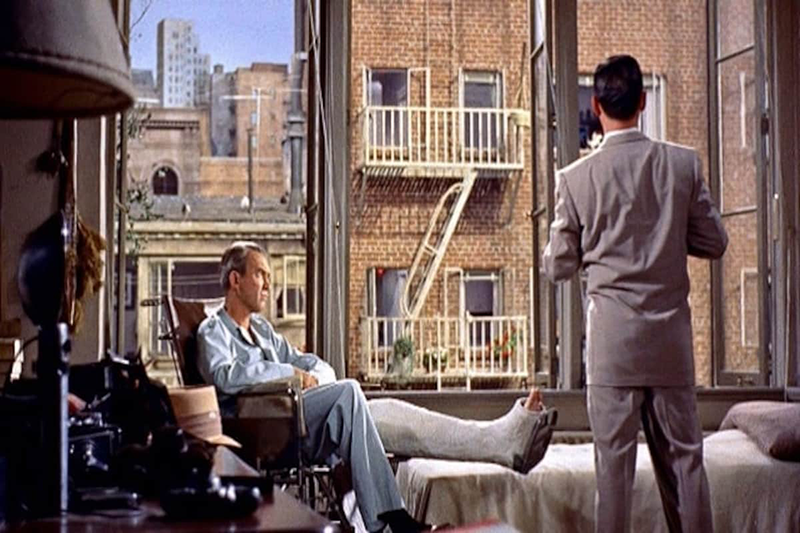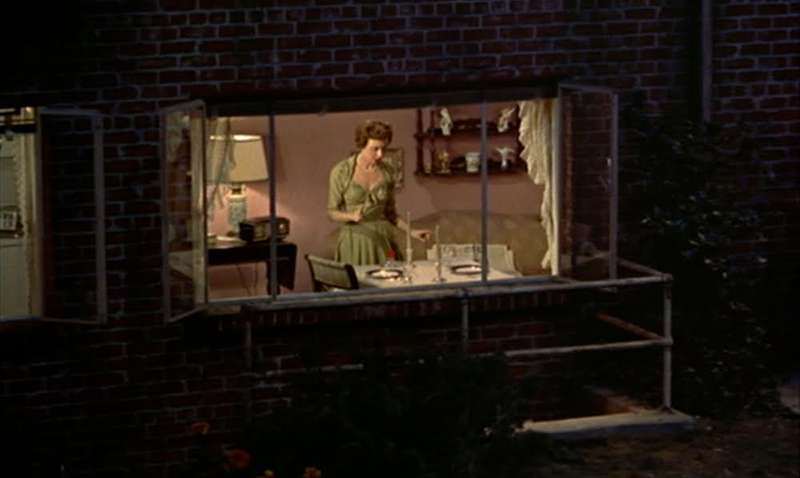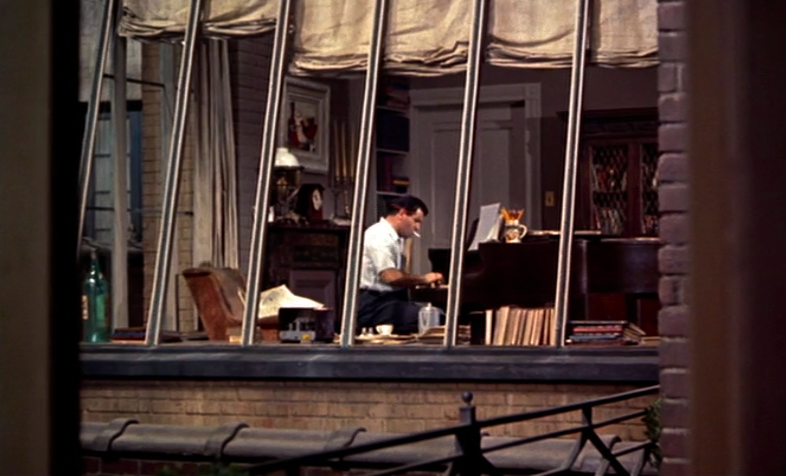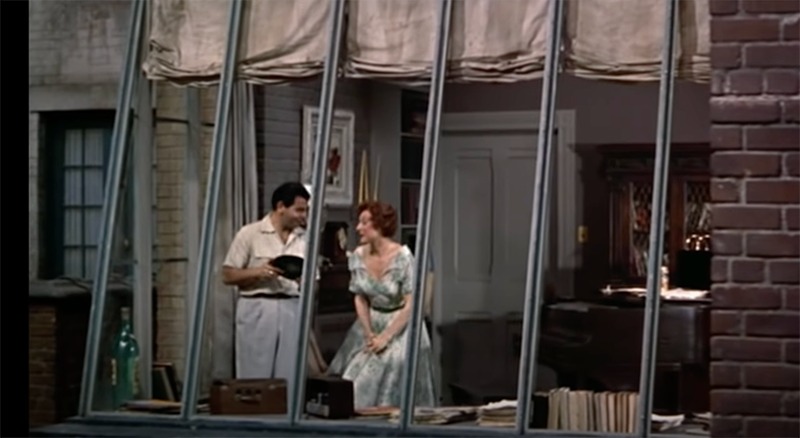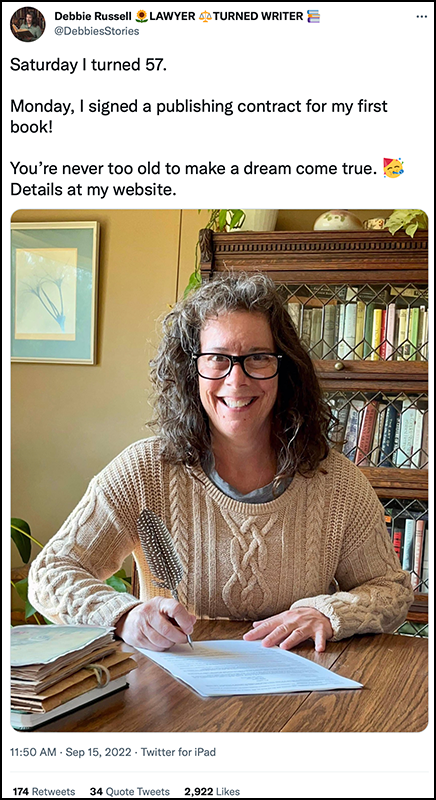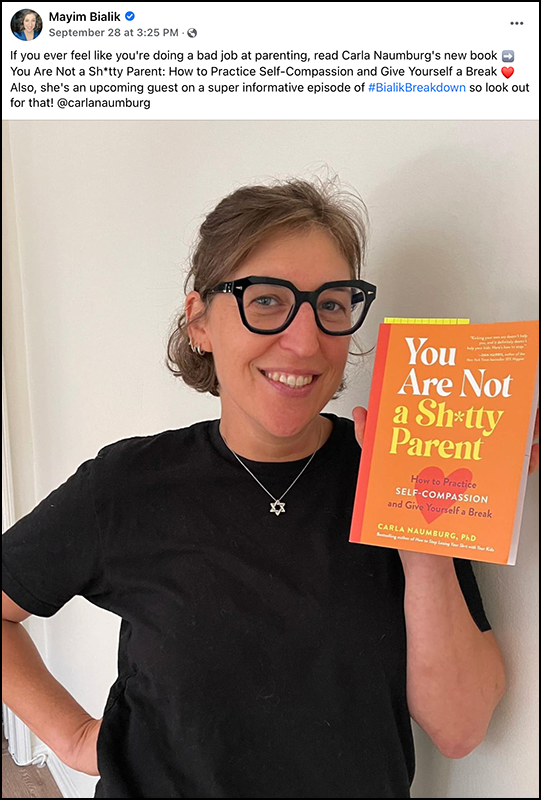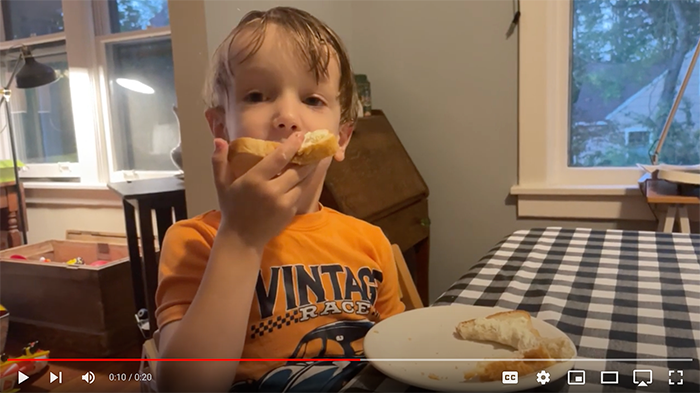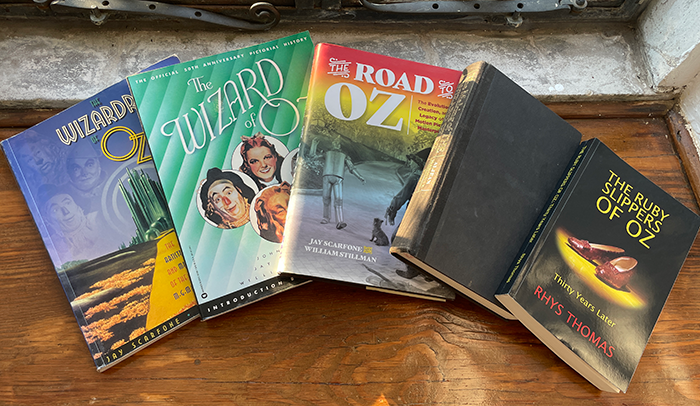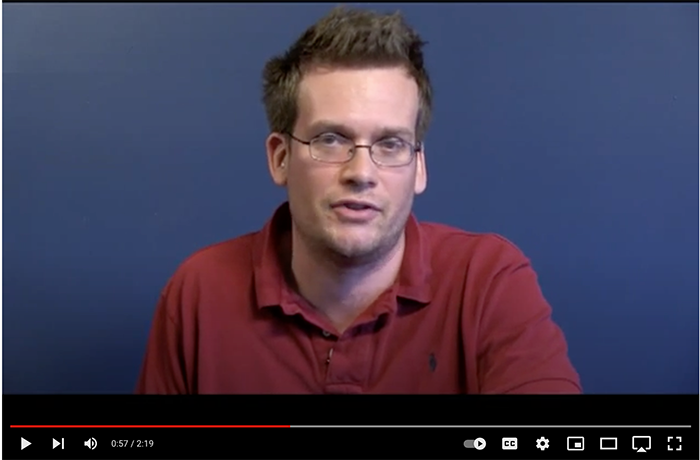I was speaking with a writer recently who shared a question that a friend asked them. You see, this writer is embarking on a new phase of her life where she wants to write fiction and creative nonfiction. This, after decades of building an amazing career in other fields. So this friend of hers asked:
“If you were going to do something with your writing, wouldn’t you have done it already?”
The implication was something like: You are in your 40s now, why bother starting from scratch with this new pursuit when you are so accomplished in these other fields, and at the height of your career there? Why not focus on what you are an expert at and what has been working well for you?
Of course, this kind of question can be deflating for a writer or creator. It’s not uncommon for those who dream of creating to get comments like this from well-meaning friends and family. I try to have empathy with the person asking the question. They aren’t trying to crush anyone’s dreams, instead I think they are often confronting their own pre-established narratives of who this person is and how they fit into their lives.
It can be difficult for a friend, a brother, a partner, a coworker to be asked to see you in a brand new way. Why? Because you likely already have so many easily defined “roles” in their lives. And maybe they rely on you so much, they appreciate you so much, that they feel threatened that a new interest will lead to them being abandoned. Maybe they are struggling and desperately want to feel that you are always going to be the same person, in the same role, supporting them in the same ways.
There are millions of variations of questions like the one above. Do any of these sound familiar to you?
- “That’s so cute you want to write a novel. But I mean, let’s be real… how are you gonna do that with our big party coming up?”
- “That’s you… always dreaming. Remember that time you wanted to start your own TV show?”
- “Writing? Everyone I know who tried writing never made a dime on it.”
- “A memoir? Why not work on something else that would be perfect for you? Like that cupcake business idea you had years ago?”
It is common for writers to express to me their own conflict about deciding to commit to writing and creating. There are many inner doubts that one can have, even if they feel totally competent in their actual skills in the craft of writing. So of course, when someone close to you questions your creative goals, it can exacerbate one’s inner doubt.
So let’s answer the question that was posed at the start of this piece: “If you were going to do something with your writing, wouldn’t you have done it already?” Below is a sample answer, and I’m inserting my age just to customize it. If it resonates with you, feel free to borrow it for conversations you have with those around you:
——————————————
“If you were going to do something with your writing, wouldn’t you have done it already?”
That is a great question. Thank you for putting it that way, it helps me get clarity on why this matters so much to me. You see, I’m 49 years old. And up until now, I have kind of followed this expected path. When I was young, I did as my parents said, and honestly, I was truly excited to live up to their expectations. It deeply mattered to me. Then I went to school, and that progression sort of had me tumbling along the path set by that huge system. Third grade leads to fourth, and so on. By the time I got to high school, there was already talk of careers and clubs and internships, all with an eye on creating this sort of resume for my college applications. Oh, yes, it was absolutely expected that I would go to college. And I very much appreciated that I was fortunate enough to go to college. That I had support systems around me, and that my parents were going to find some way to make it work: third mortgage, loans, etc.
Then I was asked to pick a major. At age 19, I was asked to decide what I wanted to train in as a career for the rest of my life. What?! I mean, all I wanted to do was listen to music and go to thrift shops to find super cool vintage clothes.
Like many people I know, this lead to getting a job, then a career. Of wanting to afford rent with friends, then my own place, then a bigger place, then eventually a house. I wanted to find love and then raise a family. One thing just seemed to lead to the next.
Now, don’t get me wrong, at every moment in this journey, I got to choose. I made the choices I did conscientiously and often with vigor. But now, here I am at age 49 getting to make another choice. And that is the point: I get to make this choice. Doors are not closed to me because of decisions I made years ago. Doors are not closed to me because I have responsibility or others see me in certain roles. Doors are not closed to me because of my age.
You ask, if I were going to do something with writing, wouldn’t I have done it already? I suppose the answer is no. I was too busy putting that dream on hold to attend to other dreams and responsibilities. I didn’t develop that skill of writing because I was developing other skills. But now is the time. I want to not only learn this craft, but explore that identity. What I’m realizing at 49 is how much more I have to create and share than I realized. And to be honest, I’m excited. And I don’t want to look back at age 59 and think, “Gosh, I wish I would have started a decade ago. How much could I have accomplished with my writing in that decade?”
Thank you for this question. It just illustrates how much you support me and care about what matters most to me. It’s such a clear and hard question to answer, and exploring it has added fuel to this fire. I appreciate you being here with me on this journey. Now tell me, what are you excited about doing this year?
——————————————
I feel it is critical to explore what matters to you at any age. Regardless of where you feel you are in life, and what others expect of you. Working full-time with writers for more than 12 years has certainly illustrated this to me. Writers can begin any age, and be truly ALIVE in their creativity. That is the opportunity that each of us have. No one can tell you the right moment except for you.
Is there well-meaning advice others have shared with you that felt like it diminished your creative goals? Let me know.
Thanks.
-Dan

